Sundance 2021: Hazel McKibbin
Filmmaker Hazel McKibbin talks to us about her debut short film Doublespeak, which follows a woman grappling with the aftermath of reporting sexual harassment in the workplace. She also tells us the filmmakers that inspire her and what she’s been working on during the ‘everlasting’ lockdown.
What inspired you to make Doublespeak?
Doublespeak is based on my own experience of reporting sexual harassment in the workplace. When I started my MFA in film at Columbia, it was the first short I wanted to make. I felt like I needed to exorcise the experience and turn it into something positive or every other film I made would be colored by it somehow.
Getting your film into Sundance is exciting! Do you have a favourite Sundance film?
It’s so hard to pick a favorite! Recently, I really loved Jeremiah Zager’s We the Animals - I’m always drawn to coming of age stories, and I am interested in how this portrayal of growing up was both subtle and visceral simultaneously.
What was a challenging part of the production for you?
Aside from the usual chaos of production, we decided to improvise the flashback scenes with the actors on set. I hadn’t written a script for those portions of the film, so I gave the actors the parameters and we just dove right in. This led to some unexpected shots and moments between Angela and Frank that provided interesting texture in the editing room.
Who has inspired you in your filmmaking journey?
So, so many filmmakers and artists constantly inspire me. To highlight one: the film that made me want to make movies is Robert Bresson’s Au Hasard Balthazar. It was the first film that truly devastated me, but more importantly, it showed me that compelling stories can be created from ordinary moments and interactions.
What are your thoughts on the transition to virtual film festivals?
As Doublespeak is my debut short, I haven’t been to any festivals in person. Everyone keeps saying that it’s such a weird year, but given that I don’t know any different, it’s been amazing! Sundance’s New Frontier team has built a virtual Artist Lounge to celebrate and meet people in and I’m really excited to check it out.
The pandemic has affected the industry in many ways, how have you keep motivated during the past year?
During the pandemic, I’ve tried to focus on strengthening my scripts as much as possible. I haven’t been able to be on set as much as I would have liked, so instead have been working on tightening the two features and tv pilot that I’d written before all of this started.
What do you hope audiences will take away from your film?
I’d like Doublespeak to be part of a conversation around sexual harassment in the workplace and serve as a reminder that, even after the #metoo movement, it happens all too often. If an audience can watch the film and feel what Emma feels - how I felt - I’d like to think they’d want to be part of changing these practices.
What would you like to achieve in the next five years of your career?
I have one main goal that I think will probably dominate the next five years of my career, and that is to get my feature film made. I’m currently developing the script and I’m really excited about the way that it builds on the themes and tone that I’ve been exploring in my work so far.
Lastly, what are two pieces of advice you would give to young filmmakers starting out?
Write what you know (or at least what you have felt) - I feel that specific scripts rooted in emotions you have experienced are always strongest. And enjoy the process of making movies. It’s amazing and magical and should be hard but fun.



